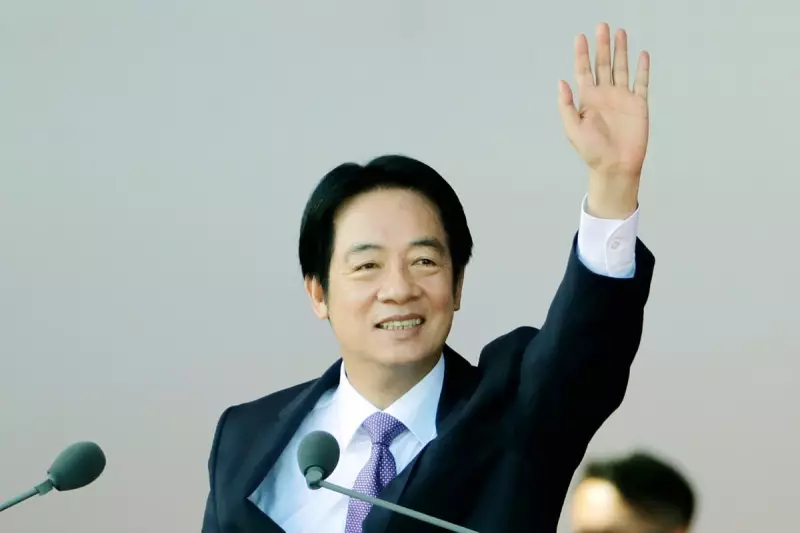
In a significant defence policy statement, Taiwan has firmly rejected calls to implement an Israeli-style 'Iron Dome' missile defence system, highlighting the complex military challenges facing the island nation amidst escalating tensions with China.
Geographical Realities vs. Political Aspirations
Defence ministry officials in Taipei delivered a comprehensive assessment explaining why the Iron Dome model, while effective in Israel's context, would prove inadequate for Taiwan's defence needs. The vast geographical differences between the two regions present fundamentally different security challenges that cannot be addressed by identical solutions.
'The comparison between Taiwan's situation and Israel's is fundamentally flawed,' stated a senior defence official. 'Our strategic calculations must account for Taiwan's unique position and the specific nature of threats we face.'
Asymmetric Warfare Takes Priority
Rather than investing in expensive missile shield technology, Taiwan's military planners are prioritising asymmetric warfare capabilities designed to counter China's substantial military advantage. This approach focuses on developing cost-effective systems that could inflict significant losses on any potential invading force.
The strategy includes advanced anti-ship missiles, sophisticated coastal defence systems, and cyber warfare capabilities that would complicate any attempted amphibious assault across the Taiwan Strait.
Political Pressure and Public Debate
The Iron Dome discussion emerged from legislative debates where some politicians pointed to Israel's system as a potential model for Taiwan. However, military experts consistently warned that the technological and geographical differences made direct comparison misleading.
Public interest in the matter reflects growing anxiety among Taiwan's 23 million citizens as China continues to intensify military exercises and political pressure aimed at bringing the self-ruled island under Beijing's control.
Regional Implications and International Response
Taiwan's defence decisions carry significant weight throughout the Indo-Pacific region, where many nations are watching Beijing's actions with increasing concern. The United States, while maintaining its 'One China' policy, continues to supply Taiwan with defensive weapons under the Taiwan Relations Act.
Military analysts suggest that Taiwan's preference for asymmetric capabilities represents a pragmatic approach to defence planning, recognising both budgetary constraints and the overwhelming numerical superiority of China's People's Liberation Army.
The defence ministry's statement concluded by reaffirming Taiwan's commitment to maintaining peace and stability across the Taiwan Strait while ensuring the island possesses the necessary capabilities to defend its sovereignty and democratic way of life.





